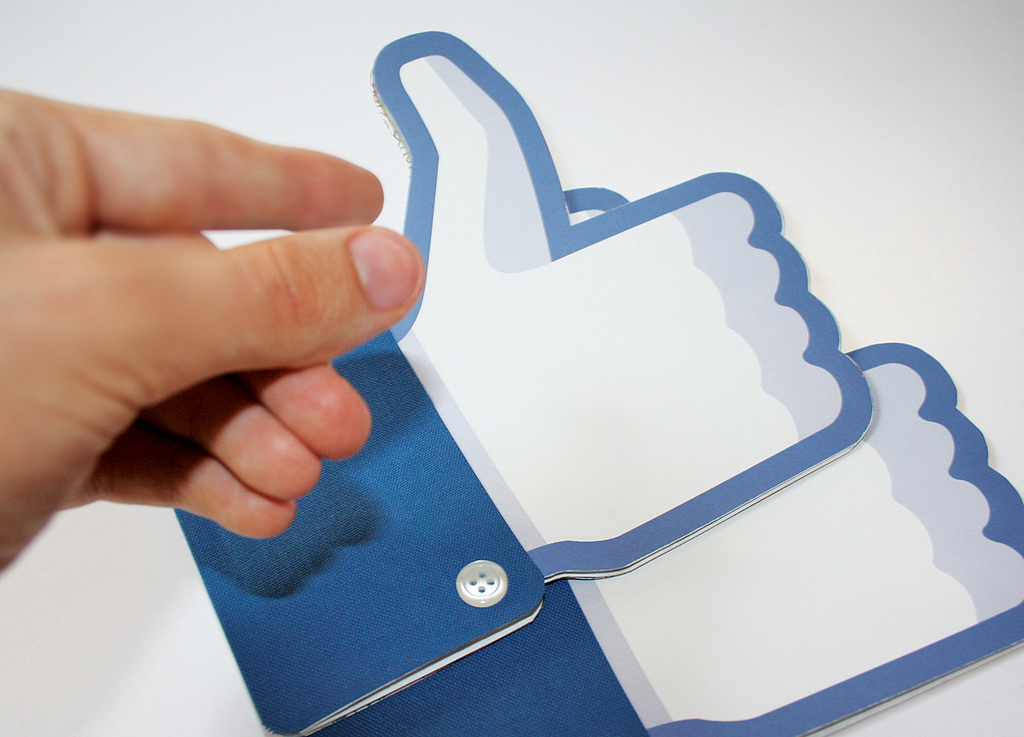Whatever Mark Zuckerberg and his team of PR professionals might have said in the past, there’s a clear correlation between Facebook’s lax stance on misinformation and the impact of fake news on society. It would seem that the social media company finally realized that there’s no point in denying this any further, which is why Zuckerberg finally admitted that Facebook is indeed a platform for propaganda. He also notes that it’s not his or his company’s problem.
In a recent report filed by the social network, Facebook basically outlined some of the things that the media and teenaged Russian hackers have known for a long time. Not only can the social media platform be used for spreading propaganda, it’s very effective for doing so.
“In brief, we have had to expand our security focus from traditional abusive behavior, such as account hacking, malware, spam and financial scams, to include more subtle and insidious forms of misuse, including attempts to manipulate civic discourse and deceive people,” the post reads.
Considering just how serious the impact of such behavior has been, with the controversial victory of President Donald Trump being the most significant example, Facebook’s admission to an already well-known fact is practically cavalier. It’s an almost insincere recognition of a fact that affects the lives of so many people, especially given that 66 percent of Americans get their news from Facebook, Gizmodo points out.
While the report touches on some of the new measures that it intends to employ in order to curb propaganda activities, conspicuously absent is the company taking responsibility for when its users voluntarily share fake news. The report also doesn’t mention addressing the issue at its source, with Facebook essentially saying that it’s out of their hands.
On that note, the new measures can at least reduce the chances of any type of propaganda campaign from reaching a much larger stage, The Verge reports. Since Facebook basically acts like a bullhorn, cutting off the speaker makes the message harder to hear.



 Nintendo Shares Slide After Earnings Miss Raises Switch 2 Margin Concerns
Nintendo Shares Slide After Earnings Miss Raises Switch 2 Margin Concerns  SpaceX Seeks FCC Approval for Massive Solar-Powered Satellite Network to Support AI Data Centers
SpaceX Seeks FCC Approval for Massive Solar-Powered Satellite Network to Support AI Data Centers  AMD Shares Slide Despite Earnings Beat as Cautious Revenue Outlook Weighs on Stock
AMD Shares Slide Despite Earnings Beat as Cautious Revenue Outlook Weighs on Stock  Nvidia, ByteDance, and the U.S.-China AI Chip Standoff Over H200 Exports
Nvidia, ByteDance, and the U.S.-China AI Chip Standoff Over H200 Exports  TSMC Eyes 3nm Chip Production in Japan with $17 Billion Kumamoto Investment
TSMC Eyes 3nm Chip Production in Japan with $17 Billion Kumamoto Investment  Global PC Makers Eye Chinese Memory Chip Suppliers Amid Ongoing Supply Crunch
Global PC Makers Eye Chinese Memory Chip Suppliers Amid Ongoing Supply Crunch  Tencent Shares Slide After WeChat Restricts YuanBao AI Promotional Links
Tencent Shares Slide After WeChat Restricts YuanBao AI Promotional Links  Nvidia CEO Jensen Huang Says AI Investment Boom Is Just Beginning as NVDA Shares Surge
Nvidia CEO Jensen Huang Says AI Investment Boom Is Just Beginning as NVDA Shares Surge  Nvidia Nears $20 Billion OpenAI Investment as AI Funding Race Intensifies
Nvidia Nears $20 Billion OpenAI Investment as AI Funding Race Intensifies  Elon Musk’s SpaceX Acquires xAI in Historic Deal Uniting Space and Artificial Intelligence
Elon Musk’s SpaceX Acquires xAI in Historic Deal Uniting Space and Artificial Intelligence  Alphabet’s Massive AI Spending Surge Signals Confidence in Google’s Growth Engine
Alphabet’s Massive AI Spending Surge Signals Confidence in Google’s Growth Engine  Amazon Stock Rebounds After Earnings as $200B Capex Plan Sparks AI Spending Debate
Amazon Stock Rebounds After Earnings as $200B Capex Plan Sparks AI Spending Debate  Oracle Plans $45–$50 Billion Funding Push in 2026 to Expand Cloud and AI Infrastructure
Oracle Plans $45–$50 Billion Funding Push in 2026 to Expand Cloud and AI Infrastructure  Instagram Outage Disrupts Thousands of U.S. Users
Instagram Outage Disrupts Thousands of U.S. Users  Jensen Huang Urges Taiwan Suppliers to Boost AI Chip Production Amid Surging Demand
Jensen Huang Urges Taiwan Suppliers to Boost AI Chip Production Amid Surging Demand 































